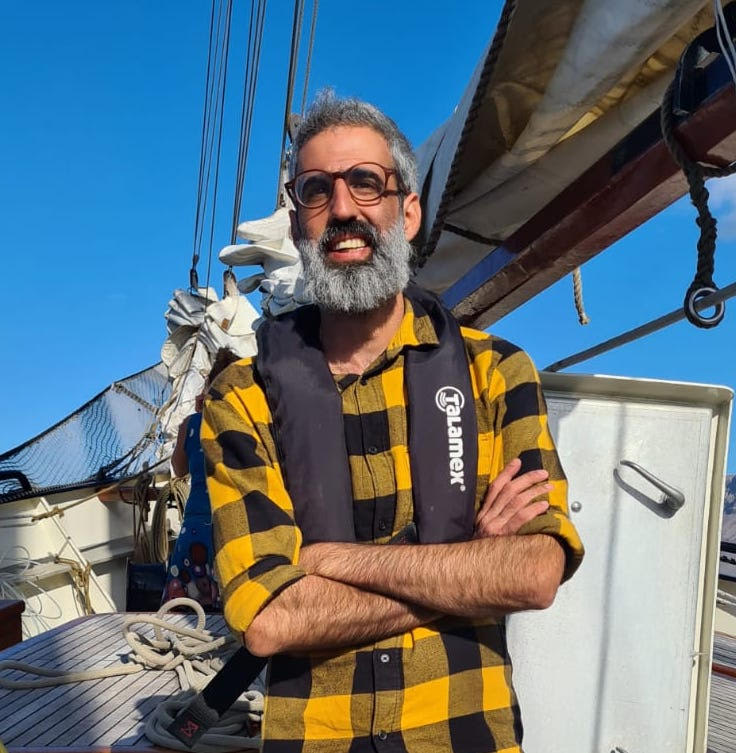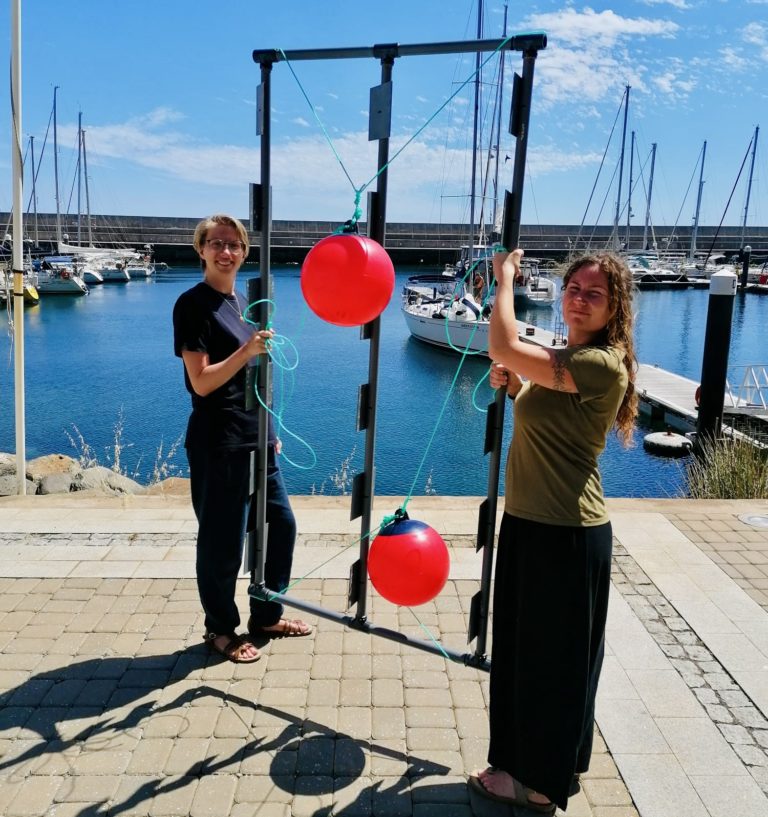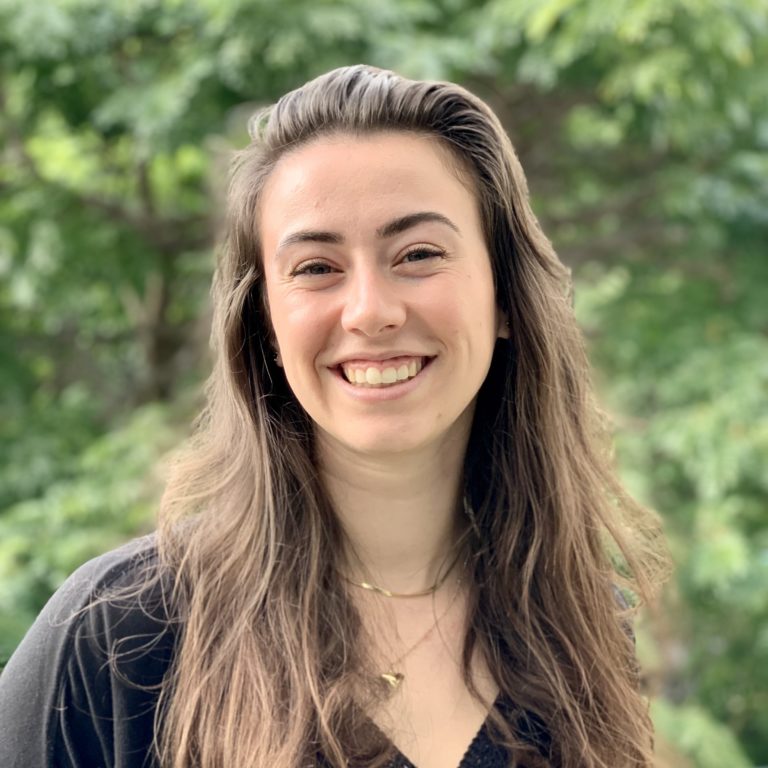Meet the Team: Patrício Ramalhosa
Team Member #2, Patrício Ramalhosa joined João Canning-Clode as a research technician at the very beginnings of MARE-Madeira — back when it was the Canning-Clode Marine Lab. In this, our second ‘Meet the Team’ interview, Patrício shares some of his stories and gives us a glimpse into his always learning mindset.

Where does your story start?
In Madeira, in a family of four brothers. My father was in the Navy and he taught us everything — how to cook, to clean, to help our mother. From dusting to making beds to taking the rubbish out, all of us can do (and did) everything. Doing those chores everyday, it shaped me into who I am.
Another thing that shaped me was basketball. I started playing basketball when I was ten. I loved everything about basketball and played everyday, Monday to Sunday. We did well — we had a great team and won many regional cups along the years, including 1 national cup. But more than medals, it gave me fitness, it taught me self-control, discipline and teamwork and it helped me to combat stress and stay off drugs and alcohol. I’m very proud of that, and it was purely from the love of the game and friendship.
When did you get into marine research?
After graduating from high school, I went to London. I only meant to be there a year, to earn money for a motorbike. But then a friend persuaded me to apply for university. I did a foundational course at the University of Westminster and then studied Marine and Freshwater Biology at Queen Mary University. We did a lot of fieldwork on that course, going all over the UK, and I loved it.
When I graduated, I returned to Madeira. I tried to validate my diploma here so that I could get a job using my degree, but I was refused twice. They advised me to go to university in Madeira (UMa) instead, to do a degree in Biological Sciences all over again.

You did the same degree — twice??
Fortunately I didn’t have to finish because my UK diploma was eventually validated, but I was in UMa for two years. It was boring, doing mostly the same subjects again. But it wasn’t all bad, because this is where I met a professor involved in the GAME program at Geomar in Kiel. He said it was a good opportunity and, eventually, I decided to try it and went to Germany. Thank God I did, because that’s where I met João.
So, degree in London, degree in Madeira and then the Canning-Clode Marine Lab?
Yes and no — it wasn’t that smooth. When I came back to Madeira, I was lost. I was unemployed for a long time. While doing my degree and afterwards, I gave my CV everywhere. Everywhere. But back then, working as a biologist on Madeira was only for a few “lucky ones”. It was a pretty closed community. So from 2005 until 2013, I just had to do whatever gigs I could to survive. Maritime tourism, sailing, retail, modeling, fishing…
How did you end up working with João?
In 2013, João gave me a call. He said he was returning to Madeira and suggested I apply for a government-funded internship at the Marine Biology Station in Funchal and help him start up a lab. I told him, “Look, I’ve tried. I’ve sent CVs everywhere, but it’s tough.” João told me not to worry and helped me make it happen.
Getting the funding was only the first challenge. The second was that I didn’t know anything about João’s area of research — non-indigenous marine species. He explained to me the different macroinvertebrate groups, species identification, sampling and how to give provisional names/numbers to unknown species for taxonomy confirmation. The rest was up to me. I had to grasp and grab the information, study it and practice it. Now, I can do it with the naked eye— this is what experience brings.

Is that still your main area of work?
It’s still a big part of it. We’ve been monitoring marine species in all the marinas around Madeira since 2013. Every three months, we record the species that have grown on submerged PVC plates. We also record species found on marine litter and on the hulls of recreational vessels.
What work are you most proud of?
In science, publications are the main measure of your success. As a research technician, I don’t need to publish, but it’s that cherry on the cake. I’m the first author of eight and co-author of 26 papers and am involved in 18 still to be published. I’m proud of those publications because it shows the work and effort I’ve put in. The work has been reviewed and now it’s out there for others to benefit from.
What are the best things about working in marine biology?
It’s never boring! Today you are in the office, in the afternoon you’re in the field. You’re in the ocean, the mountains, the lab. It’s very versatile. That’s the best thing. Since an early age, I used to see a lot of nature documentaries and always wanted to work outside — in the woods, at sea, in nature. I get to do that here.
I’m also curious and love going into the detail of things. I like exploring and trying to understand new things. Even now, ten years on, I’m learning all the time — new fields of research and new technologies. We will soon start doing genetics in our bio-invasion work, for instance. I think that’s great. In science, everything keeps changing. It keeps things interesting.
You also do a lot of outreach and mentoring of students. What have you learned from them?
Yes, I’ve seen a lot of students. I take them to the marinas and show them what I do. What’s interesting to me is that for some students, you can see them absorbing everything you tell them. But others don’t want to learn — for them, it’s just a trip to Madeira for sightseeing.
Life is a process of learning. Everything you do in life, you’ve learned. Everything from my experience took me to where I am now, so I like to pass my learnings on, allowing others to be more equipped. My wish is that more people will grasp the opportunities given to them and learn whatever they can. Their lives will be richer for it.

What’s something outside of science that you’ve learned?
Oil painting. I started in London by watching Bob Ross. He was the amazing guy with the big afro and did videos to teach people how to paint. The way he spoke, he was so charismatic! I learned from him. I’d watch his videos and then I’d go out into my freezing cold garage in London, put classical music on and paint. It was great.
What does success look like from here?
For MARE-Madeira? I think the dream would be to have our own research facility, with all of us together, working as an island towards the same vision and partnering with more entities around the world.
For Madeira, I wish we could have more places to share our science and wildlife with kids. A research facility they can visit, an aquarium, a museum. We have a small natural history museum and aquarium in the north — I used to go there with my dad when I was a kid and I was fascinated. But now I’ve traveled the world and…we could give our kids so much more. As an island in the middle of the Atlantic, we could have something really great. It’s a shame, because there’s so much here — so much wildlife, so many amazing habitats, especially in the ocean, and few local kids ever get to see it. Seeing fish on TV is nothing like seeing it in real life.

Patrício claims he works…but we find him lying down on the dock a lot of the time.
You’ve gone through a fair amount of challenges to get to where you are now. Any words of wisdom to share?
Like everyone’s life, I had difficulties, I had opportunities. But I never gave up. I try to do my best in my worst times, and that’s the best anyone can do. João gave me an opportunity to start working and now I have a steady job and can support a family. It’s all turned out well. And everything else is experience— in the end, that’s what it is. Success is what you gain with time and experience.



